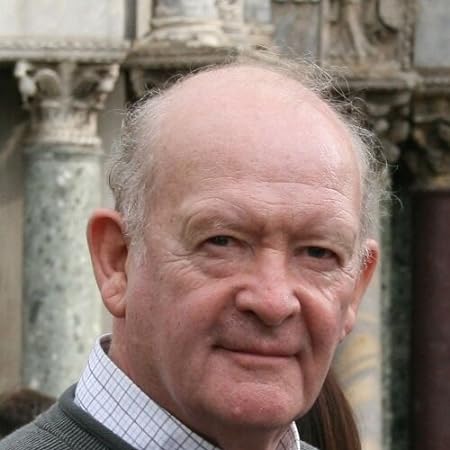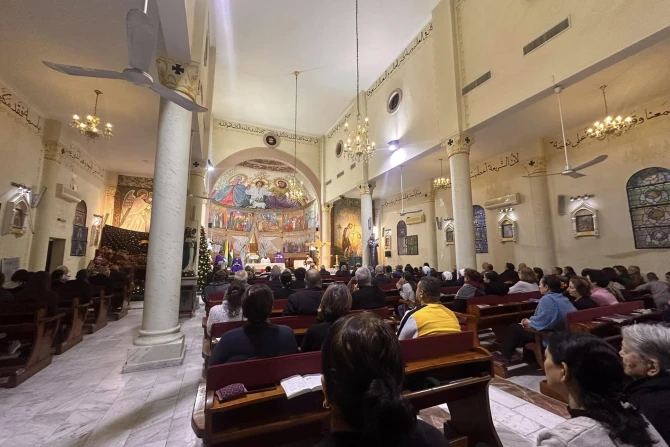By David Torkington, Crisis Magazine, Oct. 16, 2024
David Torkington is a Spiritual Theologian, Author and Speaker who specializes in Prayer, Christian Spirituality and Mystical Theology. You can find out more about him at davidtorkington.com.
A new form of religion has come into being— masquerading as Catholicism—in which selfishness has been institutionalized. This new religion has called itself Synodality.
 St. Angela of Foligno was a wife and mother before she became one of the greatest mystics in the Church. She called prayer “The School of Divine Loving,” or Schola Divini Amoris, because it is the place where selfishness is cast aside in order to practice what she called Divine Loving—in other words, the same sort of loving with which God loves us.
St. Angela of Foligno was a wife and mother before she became one of the greatest mystics in the Church. She called prayer “The School of Divine Loving,” or Schola Divini Amoris, because it is the place where selfishness is cast aside in order to practice what she called Divine Loving—in other words, the same sort of loving with which God loves us.
Throughout the Old Testament, we see God’s divine, selfless, unconditional loving in action. Throughout the New Testament, we see this same Divine Loving in action once again through His Son, Jesus Christ. The message is quite simple: it is only by practicing this Divine Loving in what St. Angela of Foligno called “The School of Divine Loving” that we can be united with Jesus Christ and then—in, with, and through Him—with the Father. …





 St. Angela of Foligno was a wife and mother before she became one of the greatest mystics in the Church. She called prayer “The School of Divine Loving,” or Schola Divini Amoris, because it is the place where selfishness is cast aside in order to practice what she called Divine Loving—in other words, the same sort of loving with which God loves us.
St. Angela of Foligno was a wife and mother before she became one of the greatest mystics in the Church. She called prayer “The School of Divine Loving,” or Schola Divini Amoris, because it is the place where selfishness is cast aside in order to practice what she called Divine Loving—in other words, the same sort of loving with which God loves us.

